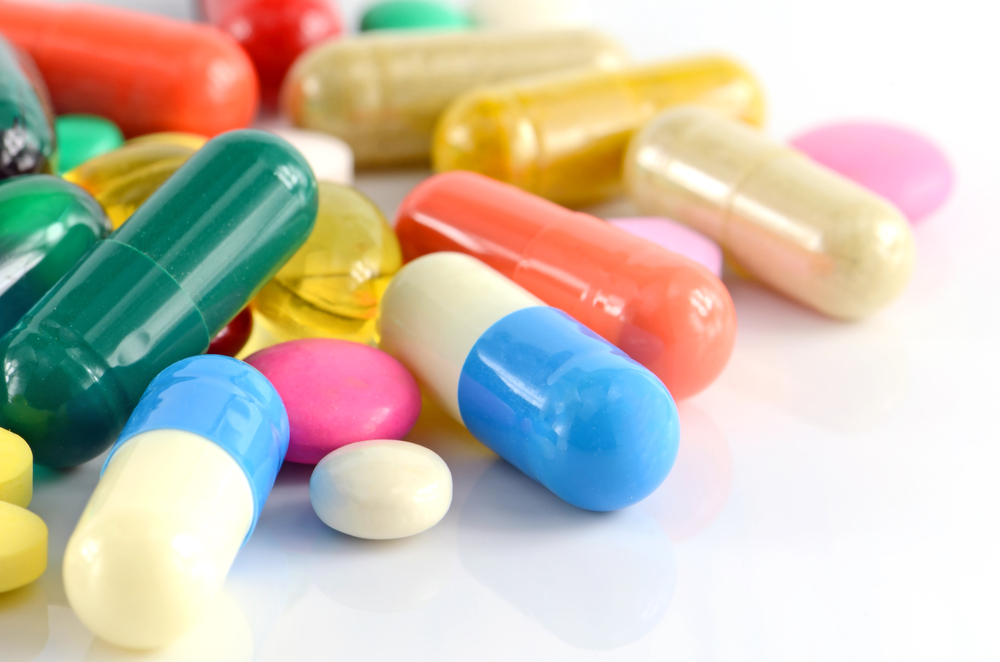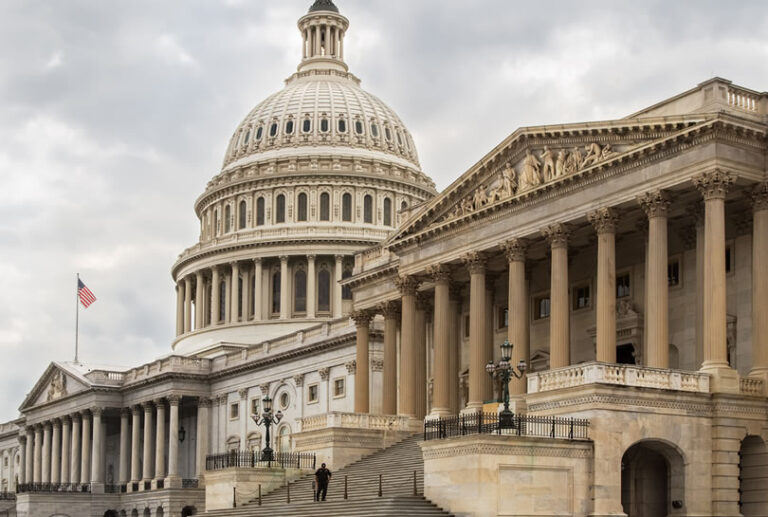Aug. 7, 2020 – The Executive Order signed Aug. 6 by President Donald J. Trump to increase production of essential medical supplies in the United States is raising a lot of eyebrows in the biopharmaceutical industry, largely because pivoting to such a model will not be easy and may end up costing more, both in terms of higher prices and reduced innovation.
Yesterday’s Executive Order directs the Food and Drug Administration (FDA) to “create a list of medicines, medical countermeasures, and critical inputs that are essential for public health in America,” which seems like a worthy goal, especially in light of the current COVID-19 pandemic. However, this is not a simple problem to solve, according to Coalition for Healthcare Communication Executive Director Jon Bigelow.
“The pandemic has demonstrated the risks when so much of the supply chain for essential pharmaceuticals and medical supplies depends on other nations, and it makes sense for the government to closely study solutions for this multi-faceted problem,” Bigelow stated. “This effort should include working with the biopharma industry to build capacity and find ways to ensure markets for products manufactured in the United States. But the ‘devil is in the details.’”
He explained that “this Executive Order is unlikely to lead to immediate changes given the need to determine what drug ingredients would be covered and the provision that nothing need be done if prices would increase by 25 percent.” Further, Bigelow noted that “the vague instructions in this order for accelerating FDA approval of drugs developed in the United States and for rolling back certain Environmental Protection Agency regulations are worrisome and need definition.”
PhRMA President and CEO Stephen Ubl said yesterday in a statement that Trump’s Aug. 6 Executive Order, which comes on the heels of four drug pricing Executive Orders signed July 24, “creates even more barriers to ongoing biopharmaceutical manufacturing and innovation” and contradicts and undermines the earlier Executive Orders, thereby “creating chaos in an industry that is on the frontlines of fighting COVID-19.”
He asserts that the Trump administration “is forcing biopharmaceutical companies to shift their critical attention and resources away from COVID-19 work to focus on making substantial changes to their business models necessary to comply with this and other recent executive orders. Increasing U.S. manufacturing of medicines is a laudable goal, but it cannot happen overnight and should not come at the expense of medical innovation or Americans’ access to the medicines they need.” Ubl adds that “None of these executive orders will help patients access or afford their medicines.”
Others question the provision of this Executive Order which states that the FDA should accelerate approval or clearance, “as appropriate, for domestic producers of Essential Medicines, Medical Countermeasures, and Critical Inputs, including those needed for infectious disease and [chemical, biological, radiological and nuclear] threat preparedness and response.”
In a call with reporters, Peter Navarro, Trump’s trade adviser, stated that the FDA would not be cutting corners or jeopardizing safety, adding that the administration “simply want[s] a more rational and streamlined regulatory process,” according to Politico.
If this is the aim, that provision could help U.S. drug companies. However, Bigelow noted, “the FDA has in recent years done a lot to make its approval process very efficient. It is not clear there is a problem to be solved in expediting approval of American-made drugs, and other statements from Navarro, such as his continuing support for the use of hydroxychloroquine in COVID-19 infection, suggest he may be impatient with the emphasis on evidence of safety and efficacy required in the current approval process.”
In line with its “Buy American” theme, the Trump administration recently announced a $765 million loan to help transform Eastman Kodak into an active pharmaceutical ingredient company “that can help produce essential medicines in the United States” instead of relying on current U.S. drug manufacturers. This caused many in the industry to scratch their heads, because Kodak has no experience in pharmaceutical manufacturing.
Further, The Wall Street Journal (WSJ) reports that the Securities and Exchange Commission has launched an investigation of stock trades made before that loan announcement, in response to requests from Sen. Elizabeth Warren (D-Mass.) and Rep. James Clyburn (D-S.C.) WSJ also reported that the deal with Kodak involves production of hydroxychloroquine, a drug that Trump has promoted for the treatment of COVID-19, in spite of research showing that the drug has not proven to be effective.




